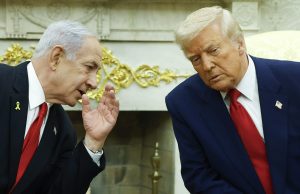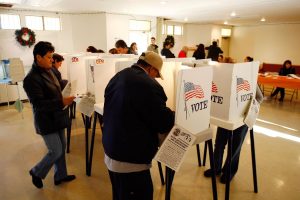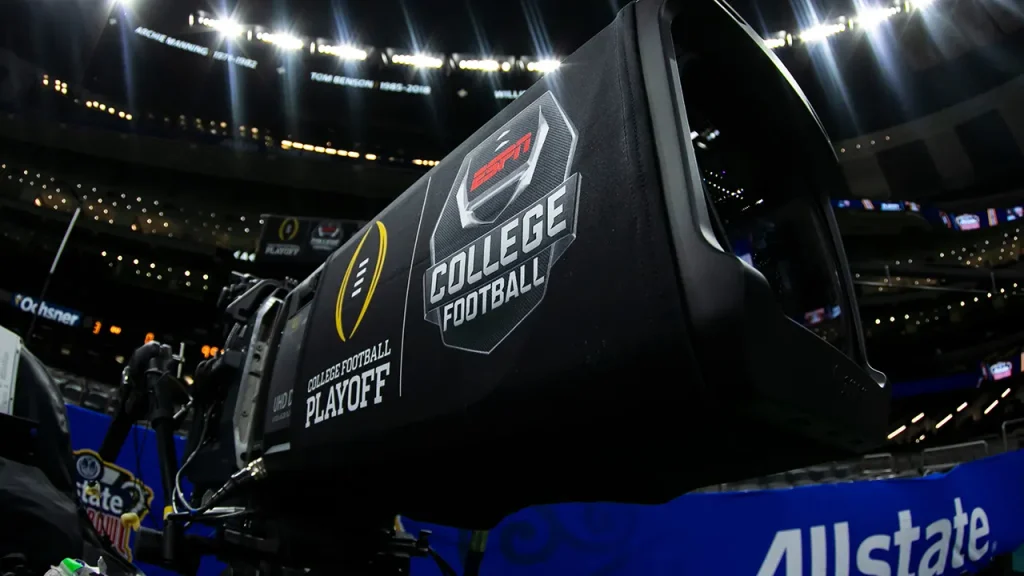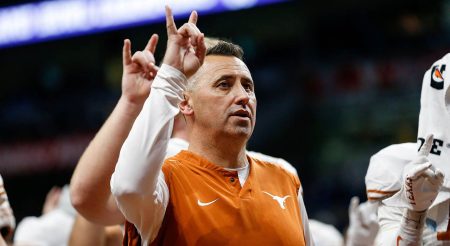The 2025 Sugar Bowl, a highly anticipated college football playoff semifinal between Notre Dame and Georgia, faced an unprecedented disruption following a deadly attack in New Orleans on New Year’s Day. Originally scheduled for a primetime Wednesday night kickoff, the game was postponed for nearly 24 hours, ultimately commencing at 3 p.m. local time on Thursday. The decision, driven by paramount public safety concerns, came after extensive consultations between the Sugar Bowl committee, city officials, law enforcement agencies, and the College Football Playoff organization. Statements released by Jeff Hundley, CEO of the Allstate Sugar Bowl, and Rich Clark, Executive Director of the College Football Playoff, expressed condolences for the victims and their families while emphasizing the commitment to ensuring a safe environment for everyone involved. The postponement underscored the gravity of the situation and the shared priority of public safety in the face of the tragic events unfolding in the city.
The attack, which unfolded on Bourbon Street in the early hours of Wednesday morning, claimed the lives of 15 people, casting a somber shadow over the city and the upcoming football game. The suspect, identified as Shamsud Din Jabbar, was the focus of an intensive investigation by the FBI, who were exploring potential connections to terrorist organizations. An ISIS flag found in the suspect’s vehicle, along with weapons and a potential improvised explosive device (IED), heightened concerns. The discovery of additional potential IEDs in the French Quarter further amplified the city’s unease and underscored the need for heightened security measures. The FBI stated that they did not believe Jabbar acted alone, warning of the possibility of further danger. This uncertainty played a crucial role in the decision to postpone the Sugar Bowl, as authorities prioritized securing the city and ensuring the safety of its residents and visitors.
The postponement of a major sporting event due to a security threat sparked significant debate and discussion among fans and commentators. While many supported the decision, prioritizing safety above all else, others voiced frustration, arguing that postponing the game conceded a victory to the perpetrators of the attack. This difference in opinion reflected the complex emotions surrounding the tragedy, with some feeling that proceeding with the game would be a sign of resilience, while others believed it would be insensitive to the victims and their families. The situation highlighted the challenging balance between maintaining normalcy and respecting the gravity of a tragic event. The Sugar Bowl committee, however, remained firm in its decision, prioritizing the safety and security of everyone involved.
The Superdome, the iconic venue slated to host the Sugar Bowl and home of the NFL’s New Orleans Saints, was placed on lockdown as security sweeps were conducted. Employees were instructed to stay away from the stadium until further notice. Located merely a mile from the site of the attack, the Superdome’s proximity to the tragic events underscored the need for heightened security. Both Notre Dame and Georgia, having arrived in New Orleans on Sunday, were staying in hotels just blocks from the crime scene. Both teams implemented “shelter in place” protocols, further emphasizing the precautions taken to ensure the players’ safety amidst the evolving situation. The close proximity of the teams and the stadium to the attack site made security a paramount concern, influencing the decision to postpone the game.
The ripple effects of the attack extended beyond the sporting world, impacting travel and logistics. Multiple airlines, including Delta, Southwest, and United, issued travel advisories warning of potential delays and disruptions at Louis Armstrong New Orleans International Airport (MSY). Delta’s advisory extended until January 3rd, with rebooked flights rescheduled for January 6th. Southwest and United issued similar advisories, offering increased flexibility to passengers with existing reservations. The disruption to air travel reflected the broader impact of the attack, highlighting the logistical challenges faced by both residents and visitors in the wake of the incident. The advisories underscored the ongoing security concerns and the ripple effects extending beyond the immediate aftermath of the attack.
The rescheduling of the Sugar Bowl to Thursday afternoon presented a significant logistical undertaking, requiring flexibility and coordination from all involved parties. ESPN, the network broadcasting the game, adjusted its programming schedule to accommodate the change. The cooperation demonstrated by ESPN, the participating universities, and the Sugar Bowl organizers exemplified the collective effort to ensure the game could proceed safely and efficiently. The postponement, while disruptive, ultimately served as a testament to the resilience and adaptability of the sporting community in the face of adversity. The game, though delayed, ultimately took place, offering a moment of respite and normalcy for a city grappling with a devastating tragedy. The successful rescheduling and execution of the game highlighted the collaborative efforts of numerous stakeholders, prioritizing the safety and well-being of all involved.










